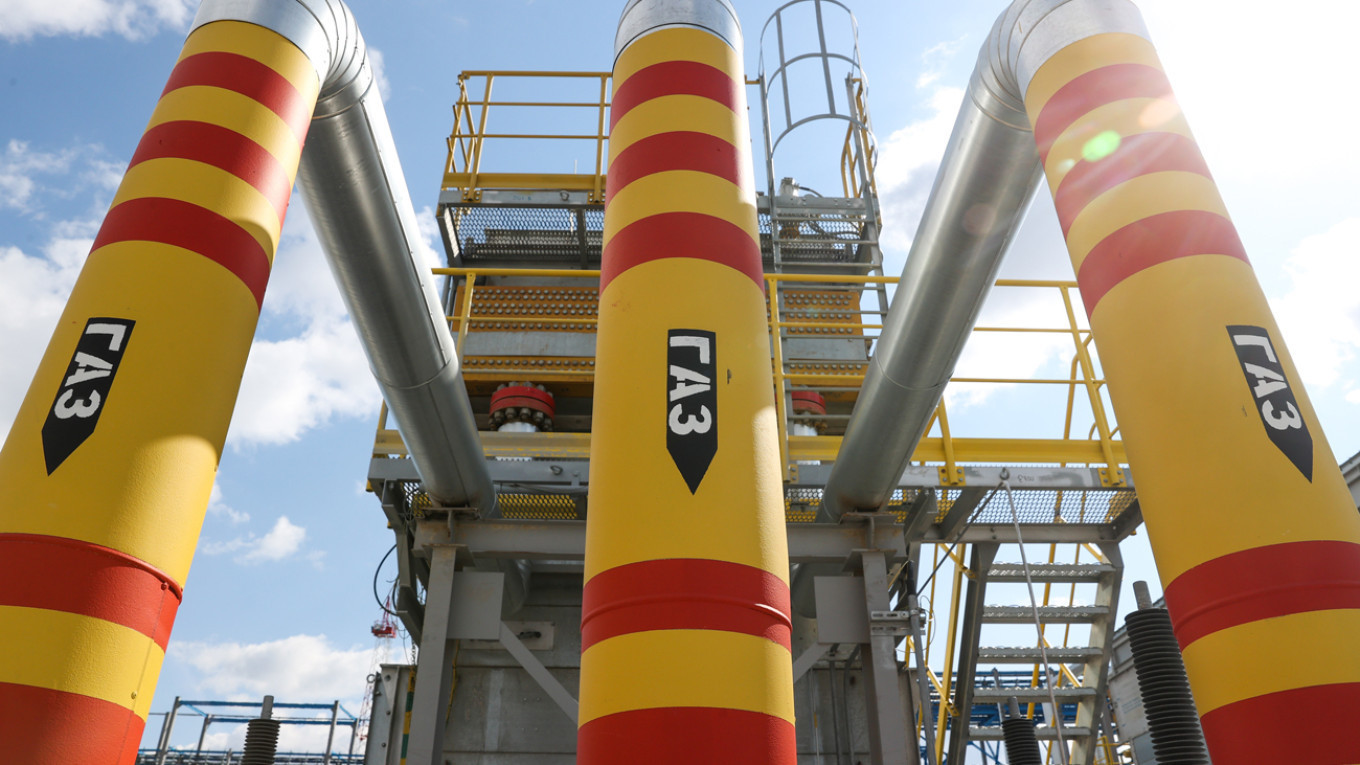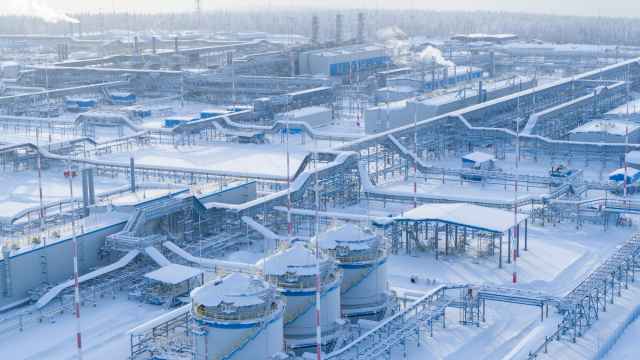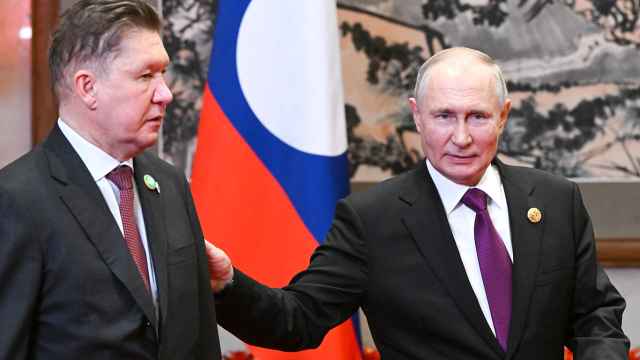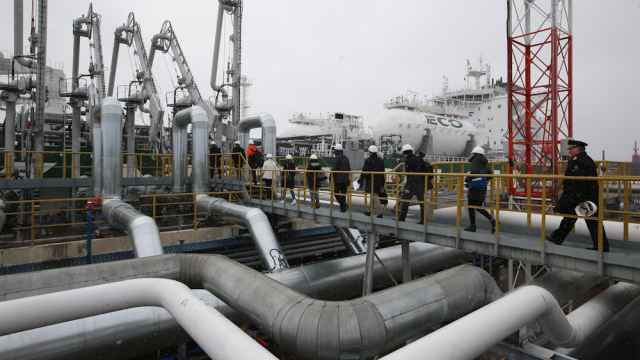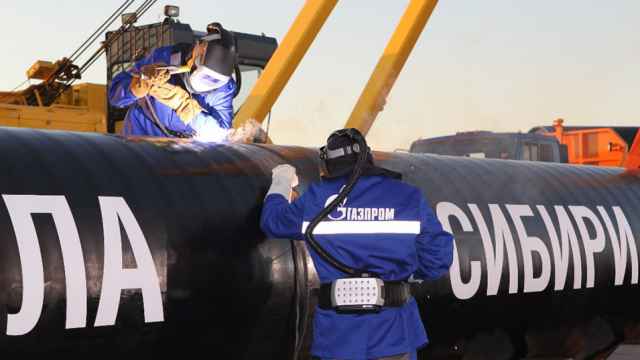Moscow’s proposal to transport Russian gas via Kazakhstan as an alternative to the shelved Power of Siberia 2 pipeline has failed to gain traction in Beijing.
The plan, announced by Moscow in the fall of 2024, envisioned the delivery of up to 45 billion cubic meters (bcm) of Russian natural gas annually to China via Kazakhstan. But Chinese Ambassador to Russia Zhang Hanhui said the project would not go forward, citing excessive costs.
“Gas supplies from Russia through Kazakhstan aren’t feasible,” Interfax quoted Zhang as saying to reporters Tuesday. “There’s only one pipeline, and it’s already operating at full capacity. To transport Russian gas via this route, we’d need to build a new pipeline. That’s too expensive. The Russian side is studying this option, but it’s not realistic. In fact, it’s not possible.”
Russian Deputy Prime Minister Alexander Novak first floated the idea in November 2024, shortly after talks over the Power of Siberia 2 pipeline fell through.
President Vladimir Putin had originally proposed Power of Siberia 2 to Chinese leader Xi Jinping in 2022, a project that would increase Beijing’s purchases of Russian gas to 100 bcm per year to offset the loss of European market share following the invasion of Ukraine.
But despite warm rhetoric about a “no-limits” strategic partnership and Putin’s repeated trips to Beijing, Xi has yet to give the project the green light.
According to the Financial Times, the sticking point has been price: China reportedly asked that Russia sell its gas at domestic Russian rates — about $60 per 1,000 cubic meters. That’s roughly one-quarter of what China currently pays under the Power of Siberia 1 agreement, which delivers gas at $260 per 1,000 cubic meters. Moreover, China was only prepared to buy a fraction of the pipeline’s capacity of 50 bcm, FT reported.
At the end of 2023, Russian officials insisted that Power of Siberia 2 — planned to deliver 50 billion cubic meters of gas per year — was in an advanced stage of readiness, with project documentation expected to be approved in early 2024. But more than a year later, construction has yet to begin.
Mongolia, through which the 2,500-kilometer pipeline would have passed, has not included the Gazprom-led project in its long-term action plan through 2028, The South China Morning Post reported.
Russia has failed to reach final terms with China, confirmed Munkhnara Bayarkhavaa, a former member of Mongolia’s National Security Council.
Last year, Gazprom delivered 31 billion cubic meters of gas to China. That figure is expected to increase this year to 38 billion cubic meters, the full capacity of the Power of Siberia 1 pipeline. However, that still represents only about 15% of Russia’s former exports to the European Union, which peaked at around 200 billion cubic meters annually.
Meanwhile, European demand for Russian gas has collapsed following the full-scale invasion of Ukraine. In 2023, exports to the EU dropped to 28 billion cubic meters, and are projected to reach just 32 billion in 2024 — levels not seen since the late 1970s.
A Message from The Moscow Times:
Dear readers,
We are facing unprecedented challenges. Russia's Prosecutor General's Office has designated The Moscow Times as an "undesirable" organization, criminalizing our work and putting our staff at risk of prosecution. This follows our earlier unjust labeling as a "foreign agent."
These actions are direct attempts to silence independent journalism in Russia. The authorities claim our work "discredits the decisions of the Russian leadership." We see things differently: we strive to provide accurate, unbiased reporting on Russia.
We, the journalists of The Moscow Times, refuse to be silenced. But to continue our work, we need your help.
Your support, no matter how small, makes a world of difference. If you can, please support us monthly starting from just $2. It's quick to set up, and every contribution makes a significant impact.
By supporting The Moscow Times, you're defending open, independent journalism in the face of repression. Thank you for standing with us.
Remind me later.


